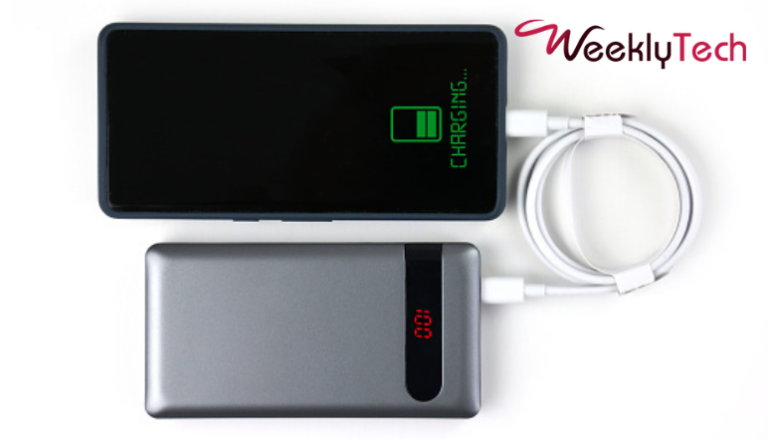Most professional and personal life elements are governed by contracts, which are crucial to the smooth operation of contemporary society.
Smart Contracts development services are a key component of blockchain consulting services technology since they increase transaction security and efficiency while also serving as an introduction to the technology. Not only that, but it also makes other parts, such as programs operating on various platforms, more accessible. What, though, is a smart contract?
What is a Smart Contract?
In reaction to the fulfillment of certain requirements, smart contracts are computer programs or protocols for automatic transactions that are kept on a blockchain. In other words, smart contracts automate the execution of contracts so that all parties can quickly discern the result without needing a middleman or a waiting period.
- Self-executing contracts, known as “smart contracts,” are those in which the terms of the buyer-seller contract are written directly into lines of code.
- According to American computer scientist Nick Szabo, smart contracts are computerized transaction protocols that carry out contract terms. Szabo created the virtual currency “Bit Gold” in 1998.
- Its use makes transactions visible, irrevocable, and traceable.
Smart Contracts: Benefits
- Accuracy, Quickness, and Effectiveness
- When a condition is satisfied, the contract is instantly put into effect.
- There needs to be documentation since smart contracts are digital and automatically generated.
- No time was wasted fixing mistakes that may have happened while manually filling out the paperwork.
- Trust and Transparency
- Because there is no involvement of a third party and there is no risk of information being altered for personal advantage,
- Participants communicate via encrypted transaction records.
iii. Security
- Blockchain transaction records are exceedingly hard to attack since they are encrypted.
- Additionally, hackers would need to alter the whole chain to alter a single record on a distributed ledger since each entry is connected to the entries that came before and after it.
- Savings
- Smart contracts do away with the need for middlemen and all associated costs and delays.
The Work of Smart Contracts
A smart contract development solution is a special kind of software that runs on a specialized virtual machine that is integrated into a blockchain or other distributed ledger and encapsulates business logic.
Step 1: Business teams work with developers to specify their standards for the expected behavior of the smart contract in response to certain occurrences or conditions.
Step 2: Simple events include payment authorization, package receipt, or a utility meter reading threshold.
Step 3: More advanced logic may be used to encode more complicated actions, such as calculating the value of a derivative financial instrument or automatically disbursing an insurance payment.
Step 4: The developers create and test the logic using a platform for building smart contracts. Once written, the application is forwarded to a different team for security testing.
Step 5: You may use an internal specialist or a business that specializes in evaluating smart contract security.
Step 6: After the contract has been approved, it is used on an already-existing blockchain or other distributed ledger infrastructure.
Step 7: Once the smart contract has been implemented, it is set up to wait for event updates from an “oracle,” which is essentially a cryptographically secure streaming data source.
Step 8: The smart contract runs after receiving the required concatenation of events from one or more oracles.
Limitations of Smart Contracts
- Smart contracts cannot get information about “real-world” events since they cannot make HTTP inquiries. This is intentional.
- Consensus, essential for security and decentralization, might be compromised by external data.
Use Cases of Smart Contract
- Smart contract use cases might be simple or complicated.
- They may be used for straightforward economic activities like sending money from one place to another and for smart access control in the sharing economy.
- Many sectors might be affected by smart contracts.
- There are application cases in various sectors, including banking, insurance, energy, e-government, telecommunications, the music industry, art, mobility, and education.
Conclusion
Blockchain is the underlying technology that has made smart contacts possible to expand. The Blockchain Certification Training from InvoBlox was created for developers who wish to understand the worldwide excitement around cryptocurrencies like Bitcoin and Ethereum. You will gain knowledge of the fundamental architecture and technical workings of the Blockchain consultants systems for Bitcoin, Ethereum, Hyperledger, Dogecoin, and Multichain. The most up-to-date technologies will be made available by InvoBlox so that you may create private Blockchains, implement smart contracts on Ethereum, and get expertise with real-world projects.




